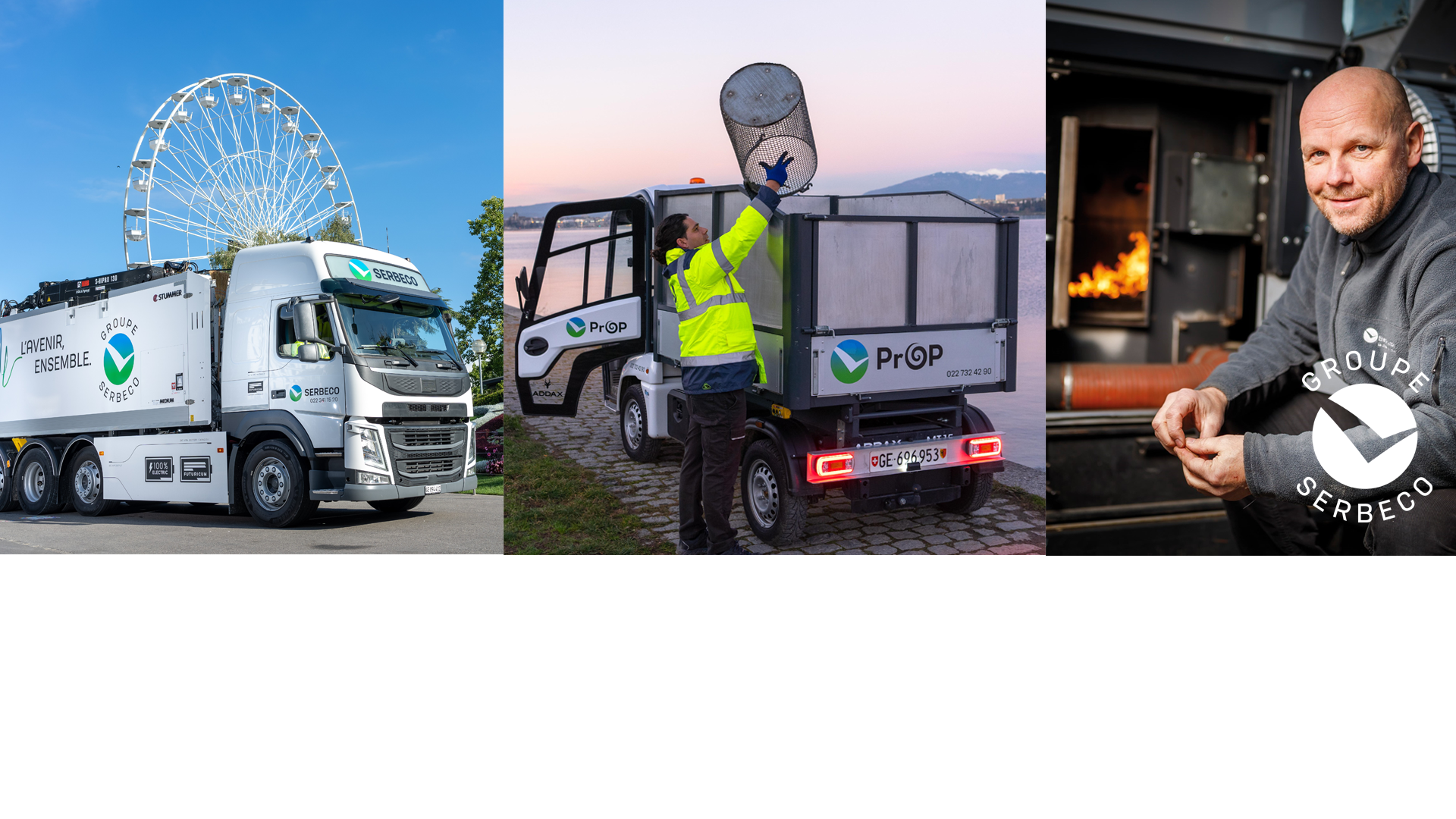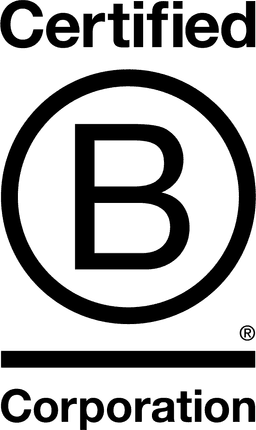

GROUPE SERBECO (Serbeco SA, ProP SA, Energie durable SA, Mobilitri)

1.6
Canton of Geneva, Switzerland
August 2019
Waste treatment & disposal
Manufacturing
Switzerland
SERBECO – waste management, PROP – cleaning, ENERGIE DURABLE – heating management, MOBILITRI are 3 important companies in the Geneva area that are a part of the SERBECO Group. SERBECO has more than 40 years of experience in waste management in the Geneva region. Their activities range from waste collection, to sorting, or revalorization in addition to several services such as waste reduction consultancy. Back in 2016 a new sorting line was implemented in order to guarantee unrivaled sorting quality and precision in Switzerland for mixed waste. PROP specializes in cleaning, waste management and croquery sets rental. They offer environmental management plans to limit negative impacts, specifically on flux (people and goods) and waste management. Energie Durable does renewable energy management in order to reduce negative environmental impact. The company sells wooden pellets and chips. On top of that, they also offer multiple services such as mobile heating rental services, wood boiler, furnace and silos cleaning or even energy contracting. Group SERBECO companies are 100% family owned by the founding partners. Co-workers well-being, respect and commitment are essential values that we defend above all.
Overall B Impact Score
Governance 9.2
Governance evaluates a company's overall mission, engagement around its social/environmental impact, ethics, and transparency. This section also evaluates the ability of a company to protect their mission and formally consider stakeholders in decision making through their corporate structure (e.g. benefit corporation) or corporate governing documents.
What is this? A company with an Impact Business Model is intentionally designed to create a specific positive outcome for one of its stakeholders - such as workers, community, environment, or customers.
Workers 31.9
Workers evaluates a company’s contributions to its employees’ financial security, health & safety, wellness, career development, and engagement & satisfaction. In addition, this section recognizes business models designed to benefit workers, such as companies that are at least 40% owned by non-executive employees and those that have workforce development programs to support individuals with barriers to employment.
What is this? A company with an Impact Business Model is intentionally designed to create a specific positive outcome for one of its stakeholders - such as workers, community, environment, or customers.
Community 24.1
Community evaluates a company’s engagement with and impact on the communities in which it operates, hires from, and sources from. Topics include diversity, equity & inclusion, economic impact, civic engagement, charitable giving, and supply chain management. In addition, this section recognizes business models that are designed to address specific community-oriented problems, such as poverty alleviation through fair trade sourcing or distribution via microenterprises, producer cooperative models, locally focused economic development, and formal charitable giving commitments.
What is this? A company with an Impact Business Model is intentionally designed to create a specific positive outcome for one of its stakeholders - such as workers, community, environment, or customers.
Environment 39.5
Environment evaluates a company’s overall environmental management practices as well as its impact on the air, climate, water, land, and biodiversity. This includes the direct impact of a company’s operations and, when applicable its supply chain and distribution channels. This section also recognizes companies with environmentally innovative production processes and those that sell products or services that have a positive environmental impact. Some examples might include products and services that create renewable energy, reduce consumption or waste, conserve land or wildlife, provide less toxic alternatives to the market, or educate people about environmental problems.
What is this? A company with an Impact Business Model is intentionally designed to create a specific positive outcome for one of its stakeholders - such as workers, community, environment, or customers.
Customers 2.4
Customers evaluates a company’s stewardship of its customers through the quality of its products and services, ethical marketing, data privacy and security, and feedback channels. In addition, this section recognizes products or services that are designed to address a particular social problem for or through its customers, such as health or educational products, arts & media products, serving underserved customers/clients, and services that improve the social impact of other businesses or organizations.